Victorian real estate: what will your home be worth in 2027?
Melbourne homes have been big earners for years now, but will that continue? Find out what a typical dwelling could be worth in your region by 2027.
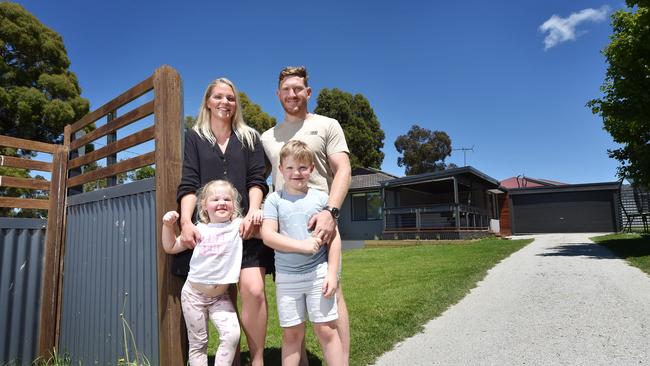
Property
Don't miss out on the headlines from Property. Followed categories will be added to My News.
Homebuyers will need $2m to buy a typical house in several Melbourne regions in six years’ time, while the state’s second largest city could also surpass a $1m median, new analysis shows.
REA Group’s data arm, PropTrack, crunched the numbers for the Herald Sun to outline three possible scenarios for Victoria’s property market in 2027 – when modelling suggests Melbourne will overtake Sydney in population to become Australia’s biggest city.
RELATED: Melbourne property value growth cools amid massive listings surge
The Victorian suburbs best placed to weather predicted 2022 price correction
How much it pays to buy close to a train station in Melbourne
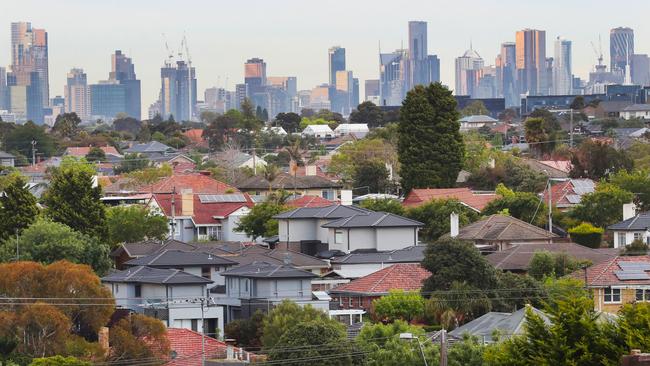
The first scenario – which PropTrack economist Paul Ryan deemed the most likely – assumes house and unit prices will grow at 3 per cent annually, that is, a little faster than inflation.
Should this occur, Melbourne’s $850,000 house median would rise to $1.015m in 2027, while the city’s inner east and inner-south regions would be on the brink of $2m, PropTrack found.
The city’s west would remain its most affordable house market at $767,000.
The Real Estate Institute of Victoria has already reported a $1m median for greater Melbourne this year, but its figures are based only on quarterly sales data, while PropTrack’s take an annual view.
PropTrack’s first scenario also puts regional Victoria’s house median at $591,000 in 2027, and greater Geelong at $860,000.
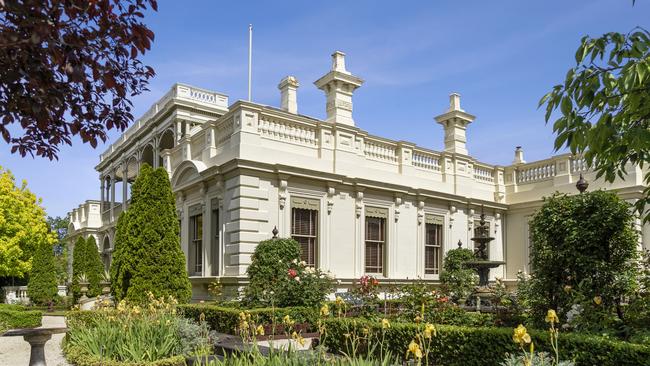
But in the second and third scenarios – which assume prices will increase at the average rates seen over the past five and 10 years respectively – Geelong’s typical house would tip over $1m.
This would put it hot on the heels of Melbourne, which would have a $1.278m or $1.179m median by 2027 under scenarios two and three respectively.
Should our growth pattern of the last five years continue, Melbourne’s inner-south, inner-east and inner areas would all surpass $2m house medians in that period, with every other region rising above $1m – except the west, which would reach $959,000.
Mr Ryan considered the first scenario “more reasonable”, given decreasing interest rates allowing households to “service bigger mortgages” had been the main driver of housing prices over the past decade.
As the Reserve Bank of Australia had resisted plunging the cash rate into negative territory, they couldn’t fall that far again in the coming years.
Mr Ryan also expected regulators like the Australian Prudential Regulation Authority and RBA to intervene should house prices’ meteoric rise of the past year continue into 2022. APRA has already raised its “serviceability buffer” for new bank customers to 3 per cent in an effort to curb growth.
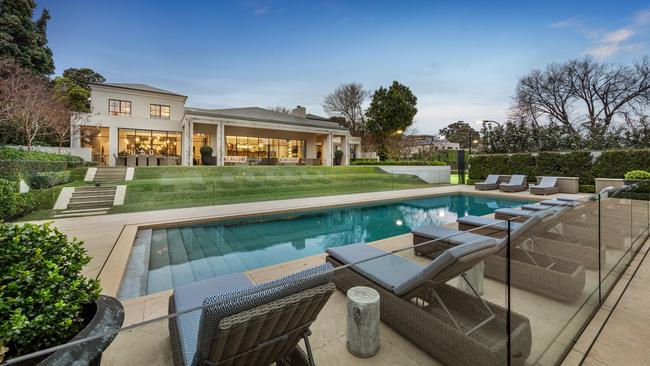
“I don’t think buyers or investors should take this as a bad news story – what will become more important is choosing the best place to buy,” Mr Ryan said.
“Going forward, I think the informed buyer can outperform the uninformed buyer.”
Barry Plant executive director Mike McCarthy said the Victorian market had experienced three cycles of “big increases, followed by small corrections, and then followed by more big increases” over the past 13 years.
“If history tells us anything, and if you look at the inflationary pressures coming out of the US, we’re probably headed into a flattening of prices next year,” he said.
“But if you look at a five-year cycle, I think we’ll be back to strong growth again (before 2027).”
Turning the migration tap back on could, however, reinvigorate buyer demand to ensure the market didn’t level off as much as expected.
Mr McCarthy said ultimately, anyone taking a long-term view for their property purchase shouldn’t be too concerned about a potential correction in 2022 – even if they had bought at the market’s peak.
Real Estate Buyers Agents Association president Cate Bakos tipped price growth to continue into next year, albeit not “at the same heady pace” of 2021.
She didn’t believe interest rates would “soar” any time soon, but said inflation increasing the cost of goods and the looming federal election could impact the market.
Sign up to the Herald Sun Weekly Real Estate Update. Click here to get the latest Victorian property market news delivered direct to your inbox.
MORE: Victoria’s top 50 real estate agents
AFL personality Bernie Vince lists Elwood pad after Adelaide move
Bec and Lleyton Hewitt sell Toorak mansion
A ‘LEG UP’ FOR THE FUTURE
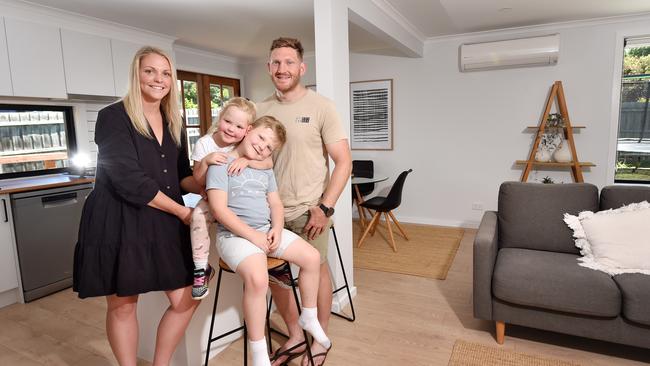
Emilie and Ben Fogarty hope their successful Yarra Glen flip will give them “a leg up” on their next step up the property ladder.
The couple paid $592,000 for the three-bedroom house about a year ago, and sold it has week for $772,000 after renovating it from top to toe.
“(The sale) means we can get something that’s going to suit our family for longer, not just a few years while the kids are tiny,” Ms Fogarty said.
She added future market predictions both excited and worried her.
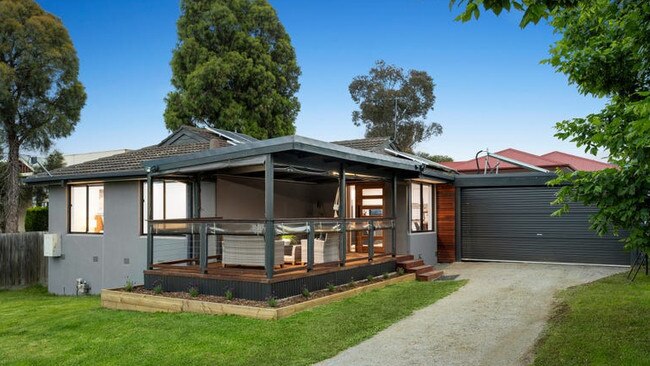
“If the market slows down a bit, it means if we’ve sold at a good time and potentially we have more capacity to get something better later,” she said.
“But (if interest rate rises) makes borrowing harder, it gets tricker for working families.”
Barry Plant Croydon selling Sarah Savio expected to see “more quality, not quantity buyers” moving forward – that is, those who took advantage of rising housing stock levels to narrow their focus to homes that really suited them, but didn’t over borrow.
“Buyers now seem to be giving themselves a buffer on repayments,” she said. “At the start of this year, we were seeing buyers stretched to their limits.”



